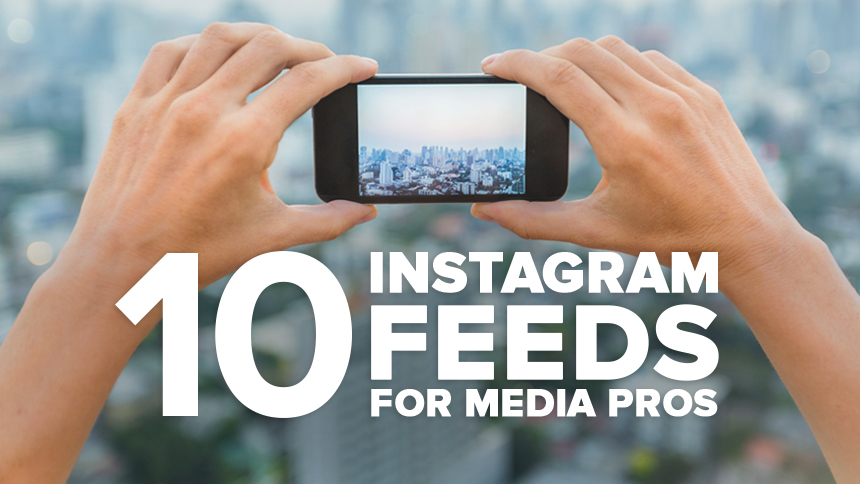
Many industries have been impacted by the Great Resignation. One of them, specifically, is the media industry which is composed of numerous creatives: writers, photographers, producers, designers, and more. The media industry is broad and therefore difficult to fully examine when looking at how the most recent wave of remote work has shaped it. Some jobs simply can’t be fully remote or even hybrid. However, an overwhelming amount can be—and research has shown that remote work is directly impacting many facets of the media industry. Companies such as Twitter and Reddit are offering permanent remote or hybrid work. And this is just the beginning, as the media industry is predicted to have a growing demand for remote workers.
“The Great Resignation hit many sectors in the world because people are beginning to value their quality of life more than their job. That is a major change in trend and I don’t see it ever going back to the way it was, where people based their entire life around their career,” Ehsaan B. Islam, Chief Technology Officer of BE, told Forbes.
Also on Mediabistro


Here are some ways remote work is impacting the media industry.
Remote work is boosting creativity
Recent studies have shown that remote work is boosting not only productivity—but also creativity. This may not come as a shock to those who fail to find inspiration in an office cubicle. When one works from home, they can design the space they’re working in so it can suit them best, or they can go to a café or shared office space. They also have the potential for a better work-life balance in a remote or hybrid setup, allowing more time for their own inspiration or creativity.
Remote work is leading to more content
One’s room for creativity and flexibility typically leads them to produce more content.
“It’s no question that remote working allows media creators to produce more content because it enables creatives to collaborate in the moment and exchange feedback without having to schedule ahead and account for travel time,” states Jessica Cyrell.
With more people spending time at home due to remote work, they’re also more likely to consume content as opposed to if they were commuting or in an office.
Remote work is shifting to cater to freelancers
The flexible nature of freelancing caters to the media industry as it allows connection and creativity around the world and outside a standard nine-to-five job. Freelancers are predicted to make up a larger portion of the media industry in the next few years due to this specific demand.
Remote work is resulting in more spending on social media & SEO
The world was becoming more digital and online before March 2020, but the pandemic provided a decent boost to this shift. A recent study shows that because more people are online now than ever before, media companies are spending more money on social media and SEO. Therefore, the media industry will continue to focus on digital marketing efforts instead of print journalism and advertising.
While the nature of remote work is continually evolving, it has offered the world of media a chance to test its flexibility—which has led to positive outcomes such as boosted creativity, more content, and spending in freelance and digital marketing areas. It’s hard to tell what the future has in store for the world of media and the jobs within it, but remote work has proven to strengthen it in numerous ways.
Topics:
Climb the Ladder



